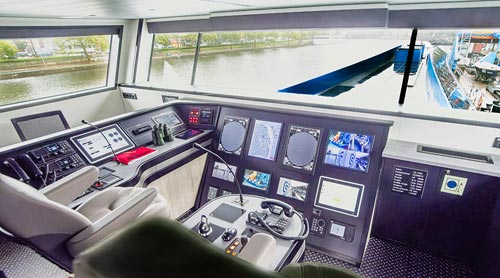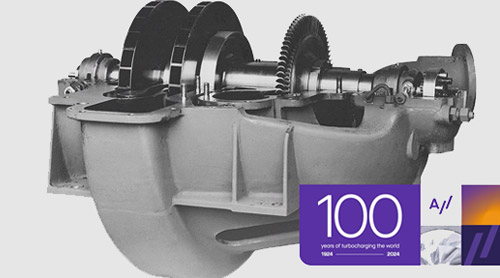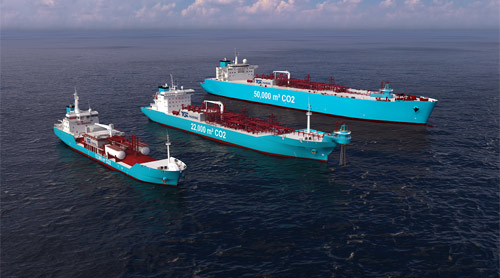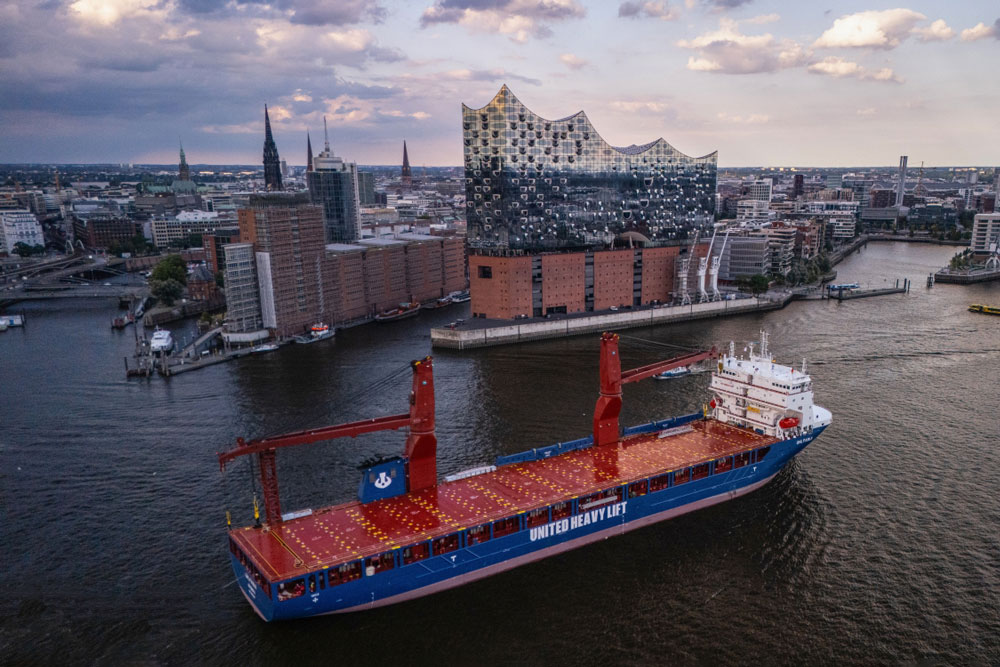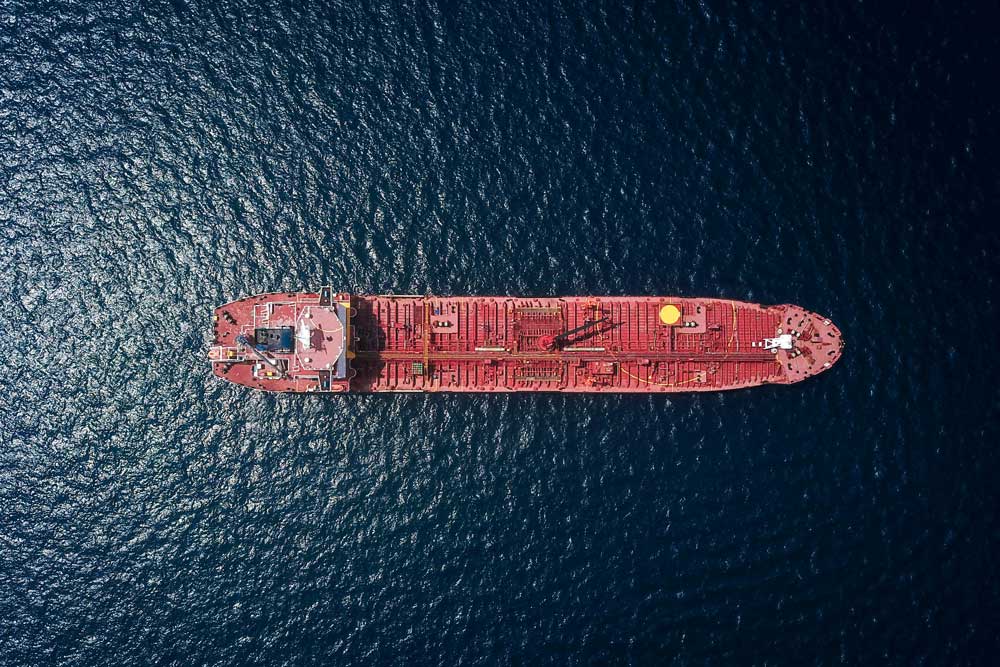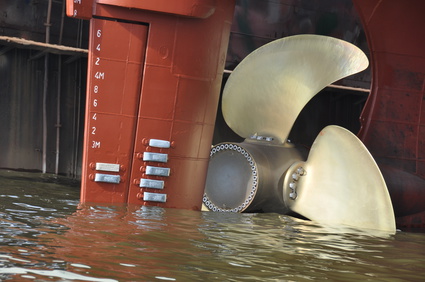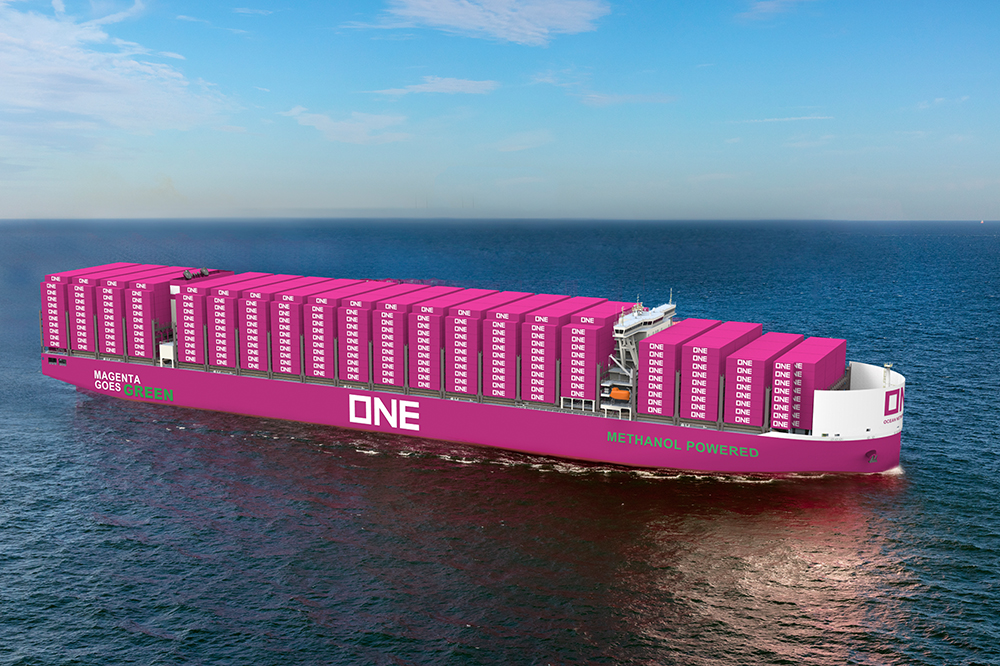Europe’s ports will require €80bn in investment over the next ten years, according to a study by the port association ESPO.
Last week, the European Sea Ports Organization (ESPO) presented the results of the ESPO Port Investment Study 2024 at its annual conference in Paris. The study provides a comprehensive analysis of the investment needs and challenges facing European ports. [ds_preview]
The study, prepared by Peter de Langen in collaboration with ESPO, examines the changing role of European ports, their evolving investment needs and the obstacles they face in realising their investment projects. It analyses the investment needs of 84 port authorities.
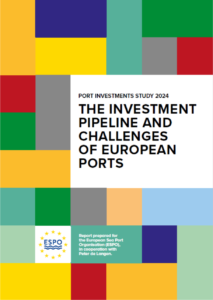 The study shows that the investment needs of European port authorities over the next ten years up to 2034 amount to €80bn. A second key finding is that investment in sustainability and the energy transition will become the second most important investment category for port authorities. An overview of the different investment categories can be found here.
The study shows that the investment needs of European port authorities over the next ten years up to 2034 amount to €80bn. A second key finding is that investment in sustainability and the energy transition will become the second most important investment category for port authorities. An overview of the different investment categories can be found here.
“Ports in Europe are doing more than before. From multimodal nodes in the supply chain connecting the sea to the hinterland, ports are evolving into hubs and facilitators of sustainable energy, industrial clusters and the circular economy, as well as key pillars of geopolitical and geo-economic resilience. The new functions of ports are in addition to their traditional tasks – not in place of them. The investment plans of European ports reflect this changed and multidimensional role,” write the authors of the study.
ESPO calls for funding framework from politicians
The study shows that port management bodies are not only investing in the expansion of basic port infrastructure and its modernisation, but also increasingly in the assumption of strategic and social responsibility and in the achievement of EU objectives. “This often implies projects with high social value but slow, low and risky returns on investment. European port management bodies are fully committed, but need European support to turn all goals and ambitions into reality. These results underline the need to provide dedicated funding for ports under the various EU financial instruments, primarily through the Connecting Europe Facility or a similar financial instrument,” concludes one.
In light of the study’s findings, ESPO calls on policymakers to recognise the strategic importance of European ports and to create a solid funding framework that addresses the investment challenges they face. ESPO had already highlighted the changing role of ports in 2019.
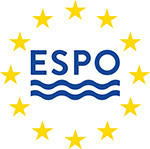 “This updated study on port investment clearly shows that the changing and broader role of ports today comes with new and broader responsibilities and investment needs. This often means investments with a less predictable return. As outlined in our memorandum for the European elections, ports are ready to engage and be part of the solution. To meet the tasks and responsibilities they are given in the new geopolitical and geo-economic context, ports need support,” says ESPO Secretary General Isabelle Ryckbost.
“This updated study on port investment clearly shows that the changing and broader role of ports today comes with new and broader responsibilities and investment needs. This often means investments with a less predictable return. As outlined in our memorandum for the European elections, ports are ready to engage and be part of the solution. To meet the tasks and responsibilities they are given in the new geopolitical and geo-economic context, ports need support,” says ESPO Secretary General Isabelle Ryckbost.












